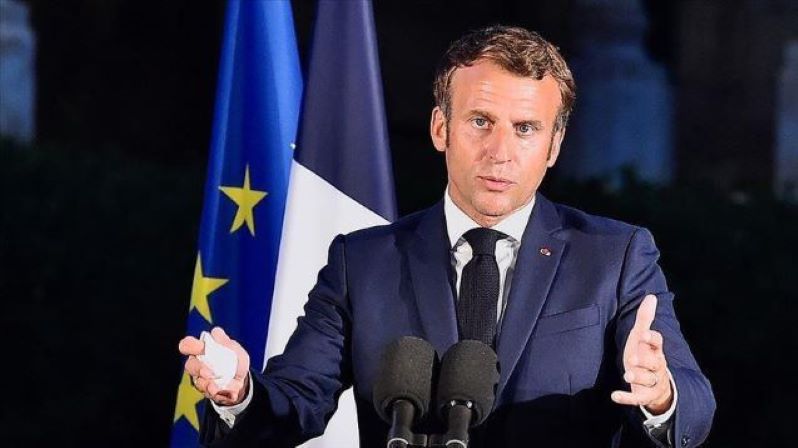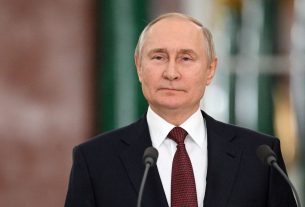French President Emmanuel Macron addressed the nation following the resignation of Prime Minister Michel Barnier, who lost a historic no-confidence vote in parliament on Wednesday. The motion, jointly tabled by the left-wing New Popular Front (NFP) and Marine Le Pen’s far-right National Front (RN), marked the first time in over six decades that a French government has been brought down by such a vote.
Barnier’s tenure as prime minister lasted just 90 days. In his address, Macron confirmed that Barnier has been asked to remain in a caretaker capacity while the process to appoint his successor unfolds. Macron acknowledged the political turbulence, describing the moment as a significant challenge to the stability of French governance.
The no-confidence vote reflects a fractured political landscape, with opposition forces leveraging their collective strength to oust the government. Macron criticized these groups, accusing them of prioritizing political maneuvering over the needs of the French people. He stated that their actions represent a choice for “chaos” rather than constructive governance, suggesting that their motivations are centered on positioning themselves for the next presidential elections.
Macron emphasized that the parliamentary deadlock underscores the challenges of governing without a clear majority. He ruled out the possibility of new legislative elections in the immediate term, citing constitutional constraints following the snap polls in July. According to French electoral law, parliamentary elections cannot be held for 10 months after a snap election, leaving the current assembly in place despite its divisions.
The political crisis arrives at a critical moment for Macron’s administration, which is grappling with economic uncertainty and social discontent. In his address, Macron called for unity and pledged to navigate France through the coming months with “clarity and resolve.” He urged parliamentarians to focus on addressing the nation’s pressing challenges rather than engaging in partisan conflict.
The resignation of Barnier signals heightened political volatility in France, with Macron’s leadership facing intensified scrutiny as he seeks to stabilize the nation in the months ahead.





